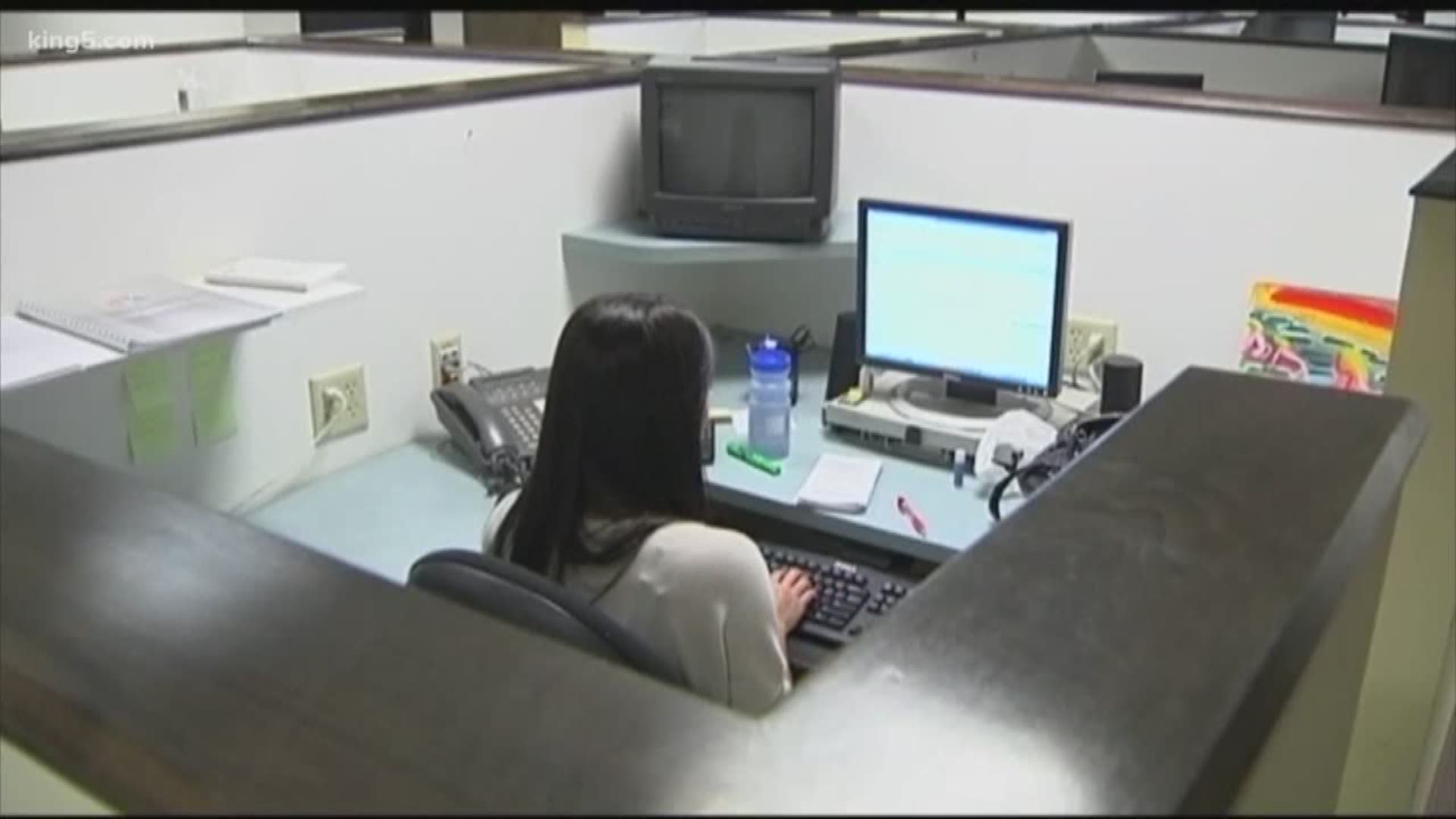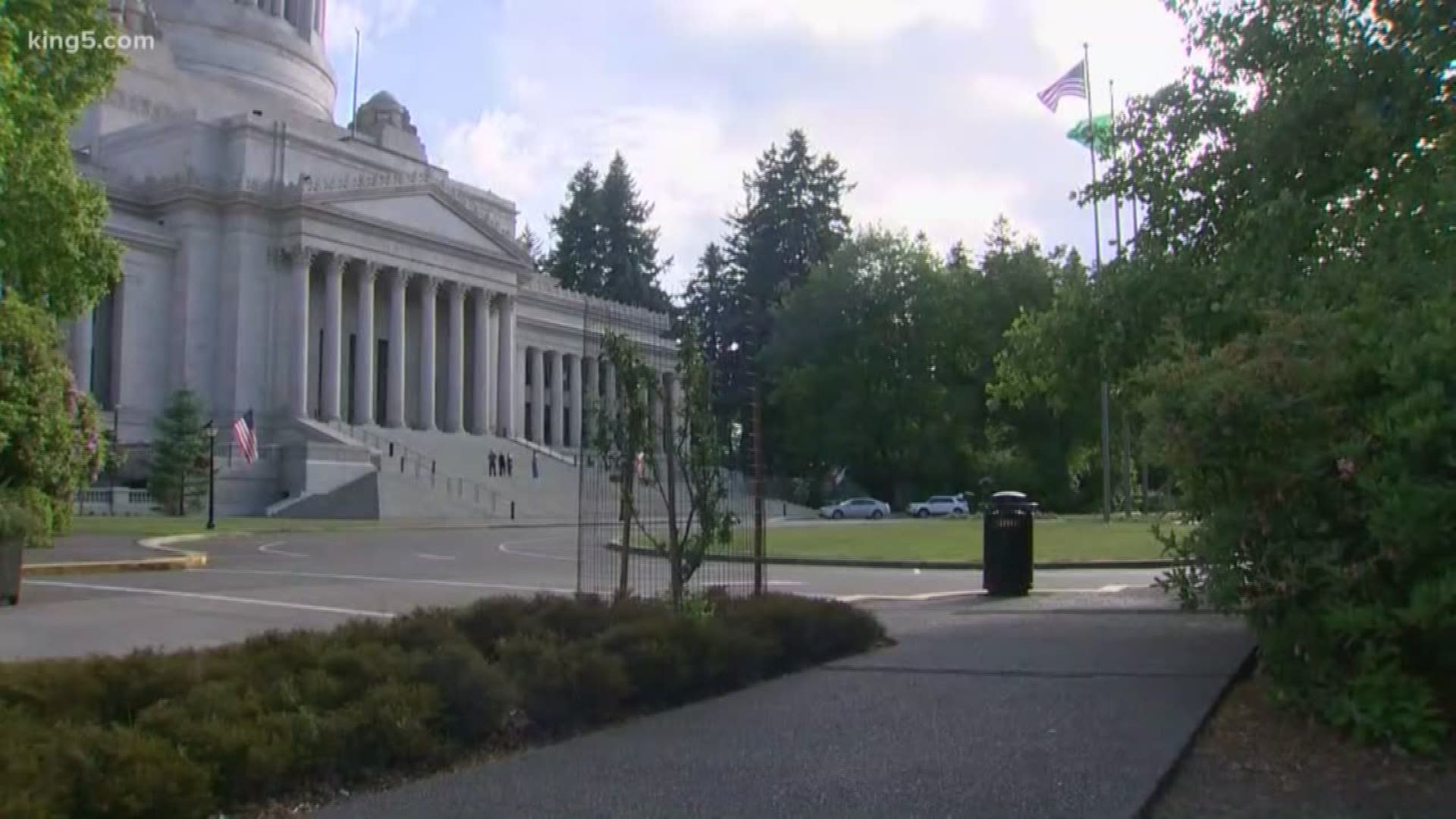Public hearings are underway over a recently proposed rule that would make more than 250,000 workers in Washington state eligible for overtime pay by 2026.
Washington's overtime rules were last revised in 1976. The state's Department of Labor & Industries' proposal would update them to "ensure that workers get the labor protections they're entitled to."
The public hearings will continue Wednesday, July 17 in Bellingham. Another hearing in Vancouver will be held Thursday, Aug. 15. L&I must receive public comment by Sept. 6.
The hearings are part of a multi-year process.
Under the rule, it would more than triple the salary threshold under which employers must pay overtime to their workers. The salary threshold would be set as a percentage of the state's minimum wage, and will increase to $13.50 an hour next year. The overtime-exempt threshold will increase yearly.
Washington workers are currently covered by the federal threshold. Salaried positions are exempt from overtime pay, except for positions that pay less than $455 a week, or $23,660 per year. The state's overtime threshold is at $13,000.
Under the proposal, employers with 50 or fewer employees would have to pay overtime to workers who are making less than $675 a week — or about $35,000 a year — starting July 1, 2020. For larger companies, workers earning less than $49,000 a year can get time-and-a-half pay when they exceed 40 hours a week. Those thresholds increase until 2026 when workers who make $1,536 a week, or nearly $80,000 a year, are eligible for overtime pay.
Beginning in 2022, threshold differences based on employer size go away, and all businesses would be subject to the same overtime rules.
In 2020, the total number of employees affected would be about 77,000, growing to about 252,000 by 2026.
The changes have sparked passionate debate from both sides. Some business owners say the changes will cause undue hardship to their bottom line. Others argue the new rules will allow Washington's workforce to keep up with rising costs.
L&I will spend the rest of the summer gathering public feedback on the changes before they develop a final set of rules, which would take effect next summer.
The Associated Press contributed to this story.


